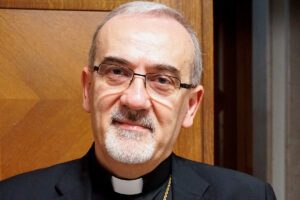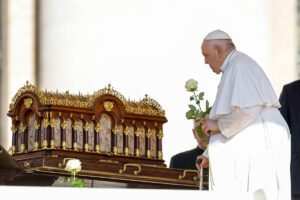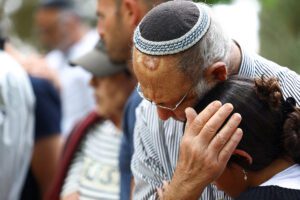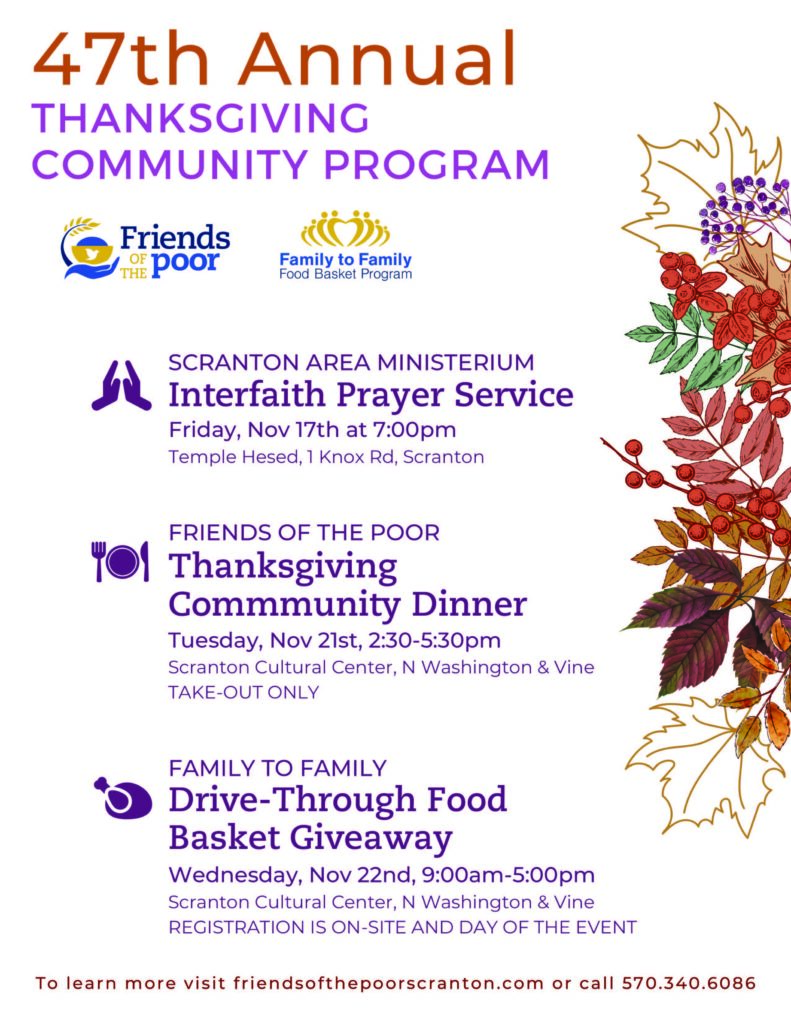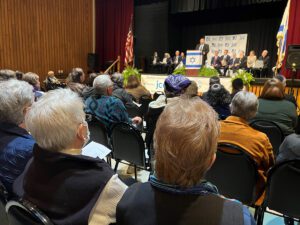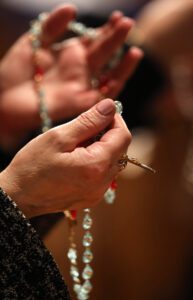VATICAN CITY (CNS) – As the Catholic Church learns to be more “synodal,” to listen to all its members, value their gifts and seek together the Holy Spirit’s guidance, Catholics will need to be patient in awaiting responses to their questions and concerns, said several synod members.
After close to two weeks of discussion — including on issues such as synodality itself, the role of women in the church, welcome for LGBTQ Catholics, better education and formation of Catholics and more collaborative relationships between priests and laypeople — “there is a sense that things are tightening up, emerging, but through that process of hopeful patience,” said Renee Kohler-Ryan, a synod member from Australia.
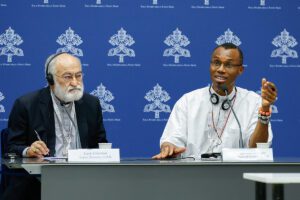
“It is going to take time, but it has to in order to give all of those issues the seriousness that they deserve,” she said Oct. 17 at the press briefing for the assembly of the Synod of Bishops.
“Are these issues being discussed in the synodal hall seriously and passionately? I testify, yes,” said Jesuit Father Agbonkhianmeghe Orobator, dean of the Jesuit School of Theology at Santa Clara University in California.
“It is important to remember that the synod is a consultative body; it doesn’t make decisions,” he said. But “the process is important,” and if synod members and the church at large do not focus on “niche issues” at this point, but on forming a synodal church, “it becomes possible for us to address these issues in a way that is constructive and not confrontational.”
Especially as a theologian, he said, he sees this as a “privileged moment” in the life of the church, “an experience of a process of the church making and remaking itself in a way that is a once-in-a-lifetime experience.”
“I remain convinced that the process is probably going to be more important than the outcome,” the Jesuit said.
The synodal process can help the church experience “a new way of being where people, no matter who they are, no matter their status, station or situation in the church, are able to be part of a process where they are not only heard, but they also are able to contribute to the process of discernment.”
Kohler-Ryan insisted that the synod discussions, including about women, are much broader than the media would have people believe. With members from around the globe, including lay women and men – some of whom are mothers and fathers – participating as members for the first time, the discussion about women is not focused on the possibility of women deacons, but on a myriad of issues related to their lives in the church and the world, including supporting their families and educating their children in the faith.
Paolo Ruffini, prefect of the Dicastery for Communication and head of the synod’s information committee, told reporters some of the topics discussed in the synod hall late Oct. 16 included “overcoming clerical models” that prevent cooperation and shared responsibility, the importance of inclusive language, the example of Jesus including women among his followers, the relationship between leadership and service, and the possibility of allowing women to preach at Mass given that women were the first to proclaim Jesus’ resurrection to the apostles.
Sheila Leocádia Pires, secretary of the commission, said much of the focus Oct. 17 was on the ministry and role of bishops, their role in promoting ecumenical and interreligious relations, a suggestion that more people be consulted in the appointment of bishops, the importance of bishops listening to victims of clerical sexual abuse and the need for Catholics to pray for their bishops.
Bishop Anthony Randazzo of Broken Bay, Australia, told reporters, “One of the geniuses of the Holy Father, Pope Francis, is that this (synodality) is not something that is born in a vacuum.”
“He has reflected very deeply and sincerely upon the human reality of the community of people around the world, and how we experience life together on this planet, but also how we as Catholic Christians live our faith and how we proclaim the Gospel in every single moment of our day, regularly by what we say but always by who we are as a community of Christ’s faithful and disciples of the Lord.
Cardinal Cristóbal López Romero of Rabat, Morocco, told reporters, “I’m enthusiastic for synodality” and for learning to live that way on a local level as well as on the level of the universal church. “Even if the synod were interrupted tomorrow, it would be worth it,” he said.
Synodality, he said, must become the “concrete modus operandi” of the church, but it is important to remember that the current synodal process, which began in October 2021, is set to go through October 2024 when the second assembly gathers in Rome.
In the meantime, he said, people must have “patience and hope.”

